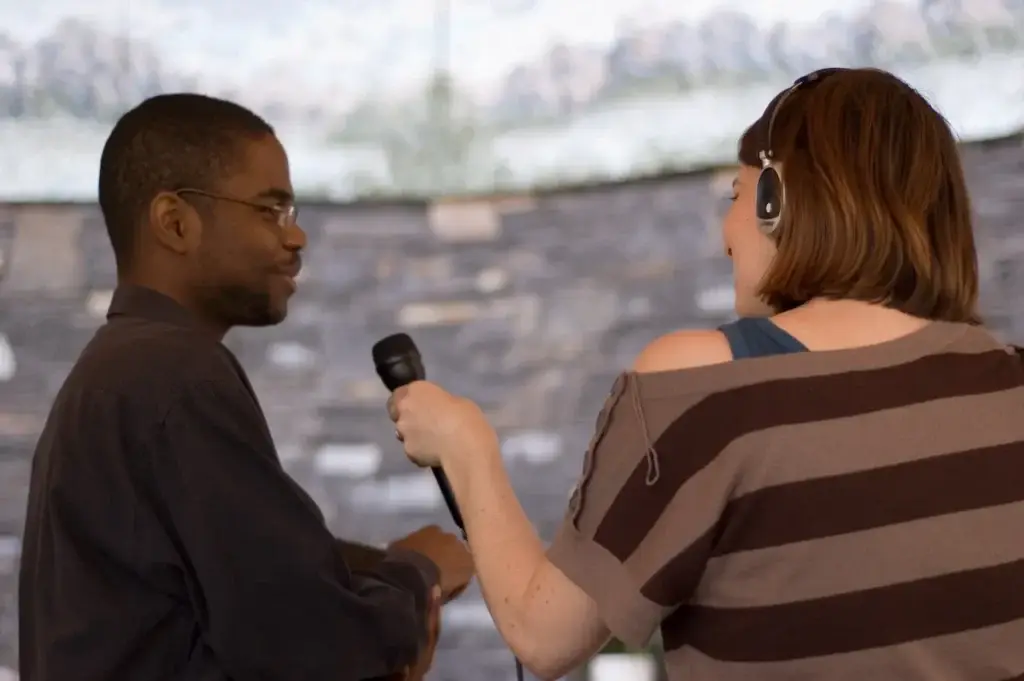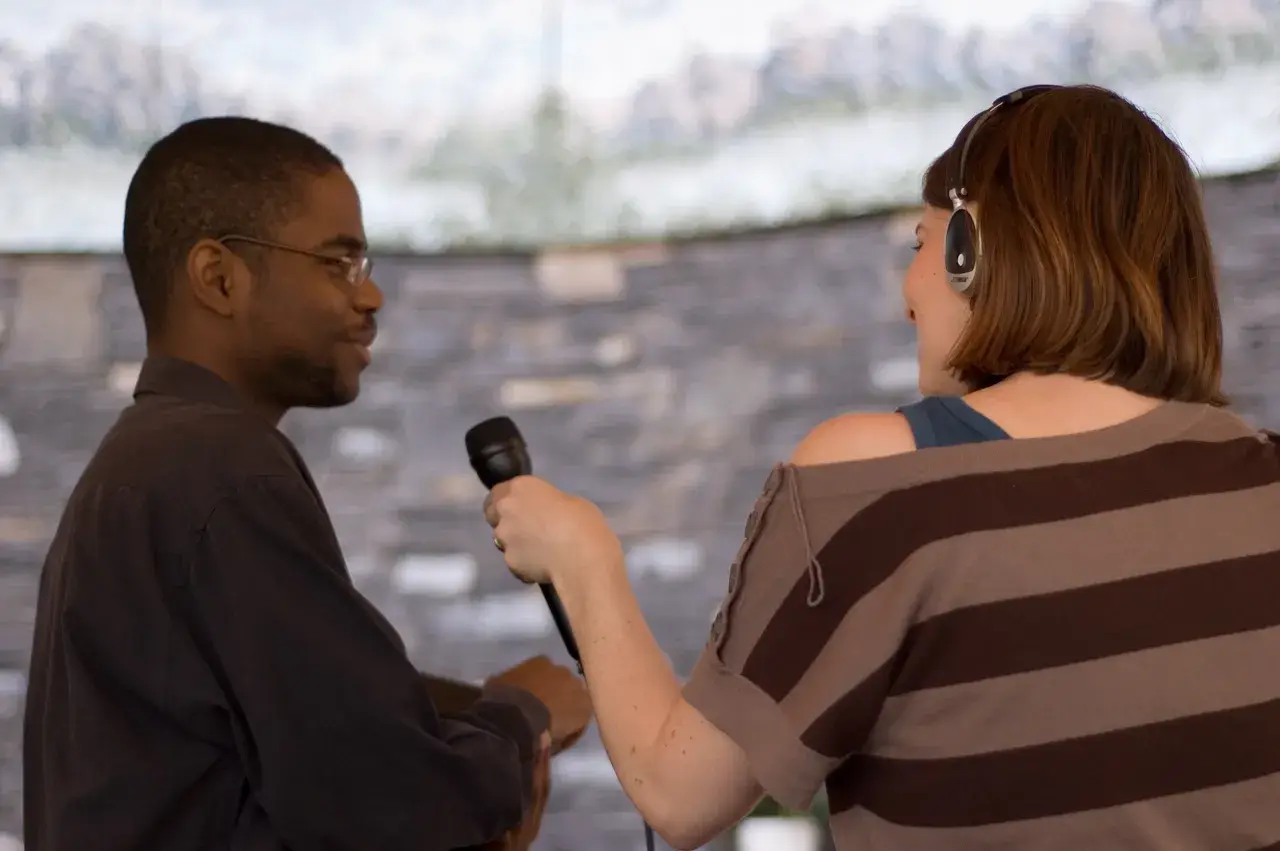
Thank you to the radio broadcasters in the Banff Science Communications program for these suggestions.
1) Engaging content
- First and foremost, the content is relevant to the lives of all listeners.
- Easiest way to assure a good interview is to tell your story in a much abridged chronological order.
- In a good interview, the person being interviewed understands the adage: “Imagine you are talking to an interested but distracted person over a bad phone line that is about to go dead.”
- The material is not too dense.
- The person being interviewed is passionate and knowledgeable.
- The information is new and fascinating.
- Information is easy to absorb.
- The speaker presents ideas clearly, avoiding long pauses, e.g. umms and awws.
- Ideas are reinforced with examples.
- Analogues and mental visual images are used.
- Long or technical words and descriptions are avoided.
2) Relevance to daily lives of listeners
The story is told with a local angle
The personal story comes out
3) Timely subject matter
A news angle justifies why you are telling a story at a given time
4) What makes a good radio interviewee?
- Personality comes through.
- Sounds genuine and relaxed.
- Personal ideas convey your inspiration.
- Humour, if appropriate, comes across.
- You are interesting, engaging, clear, and not afraid to ruffle feathers if working in a contentious area and you are well-founded in your professional opinion
- You have practiced – out loud – the key ideas about your work in 10-15 second descriptions. Encapsulating your work in soundbites can sometimes seem demeaning to the work. The reality is that is how people absorb it.
- Try presenting your topic as if it were a problem; what the problem was, how the problem was solved. Of course, you want to focus mainly on the solution; What does this research mean? What benefits will it have for the general public? What are some other possible outcomes?
Radio versus TV
- Radio is more intimate
- Everybody looks great
- What you say is more important than how you look
- Specific details and colourful language are wonderful
- Good plot, well told, makes for a great story
- You can paint a picture about what you are doing and why
Pre-taping
Radio hosts may be willing to pre-tape an interview if a person is very nervous or if in the pre-interview it appears as though the interviewee could get into areas that would be legally problematic for the station. It may not always be possible to pre-tape, but you can always ask.
